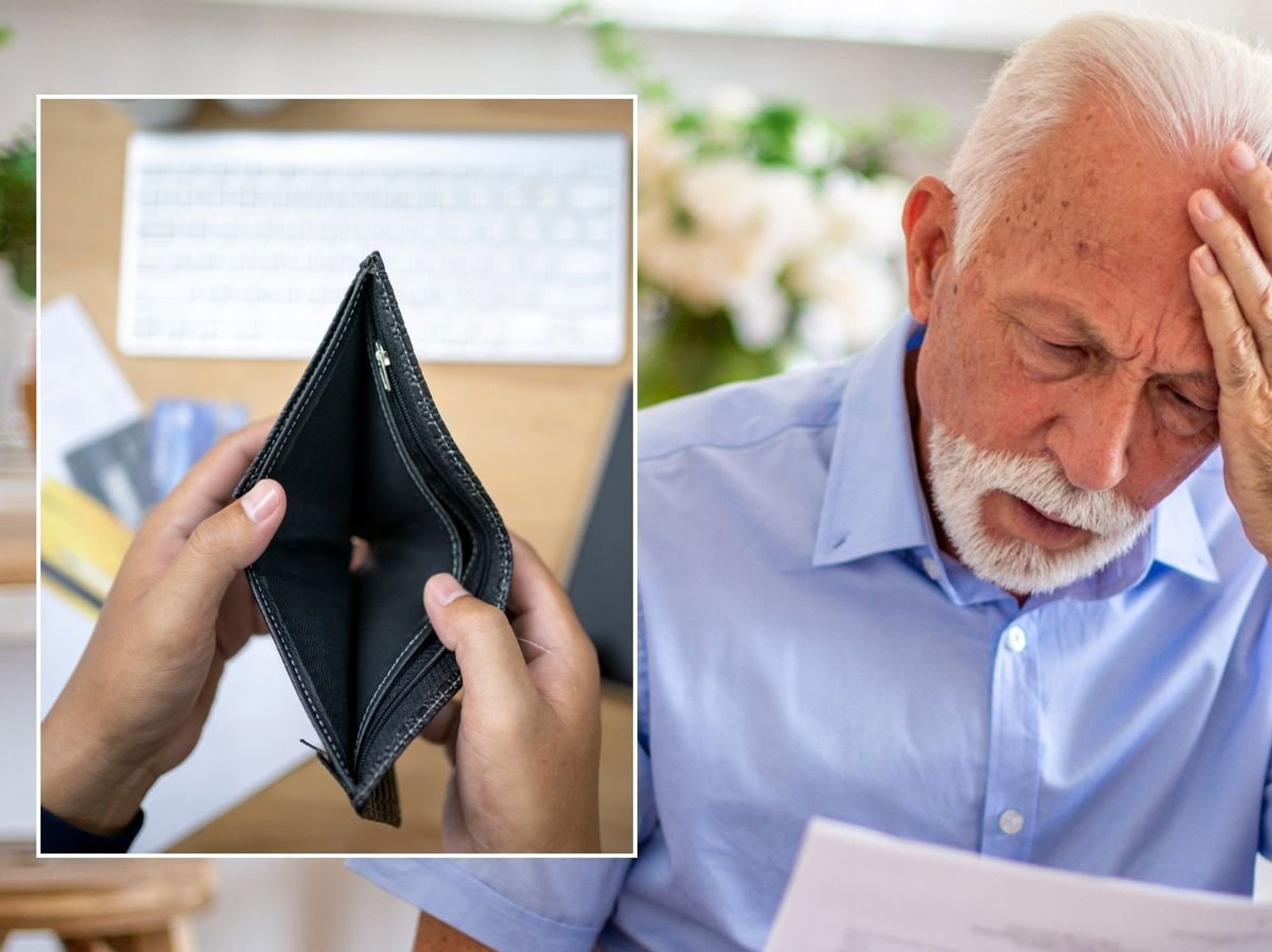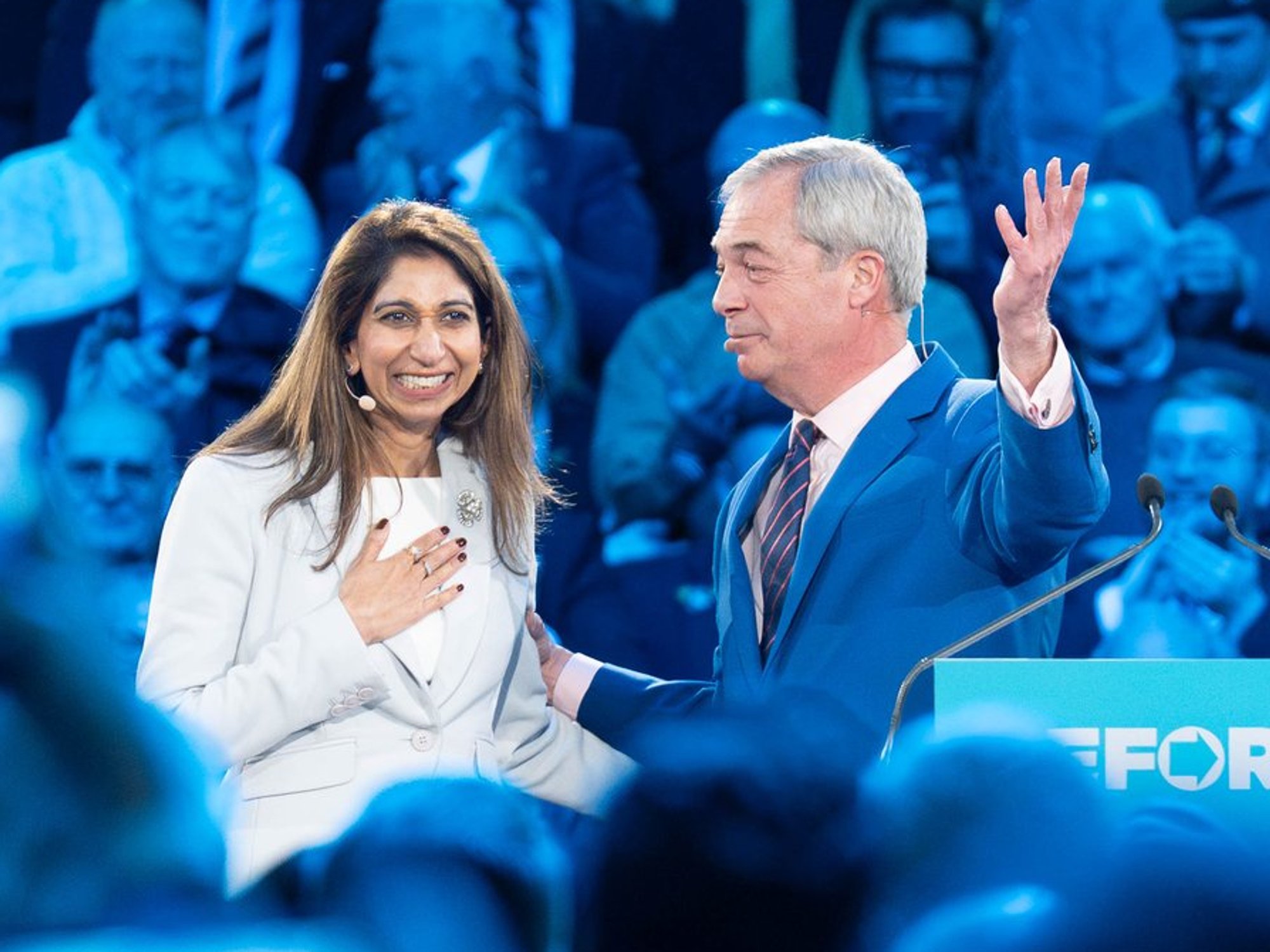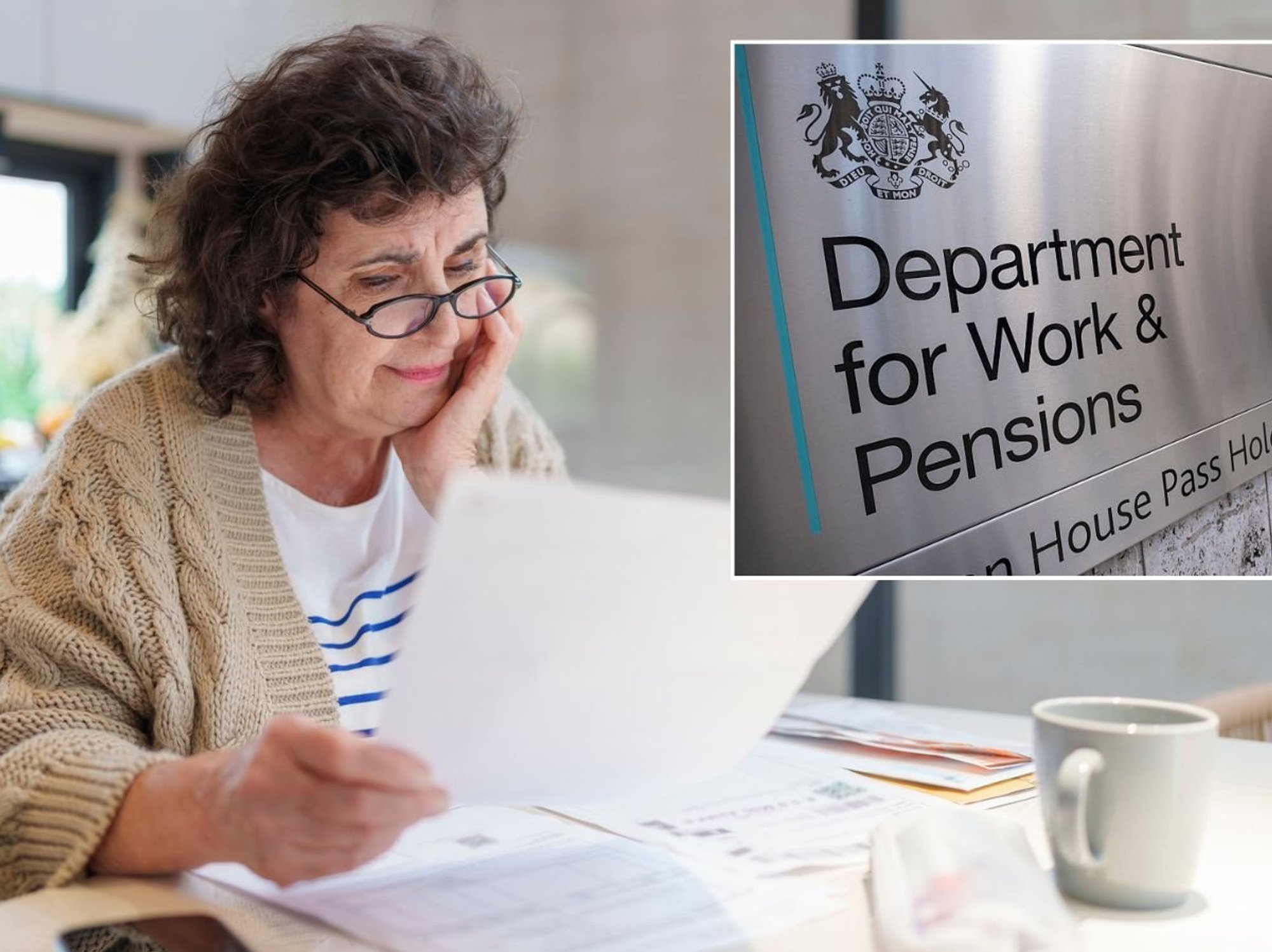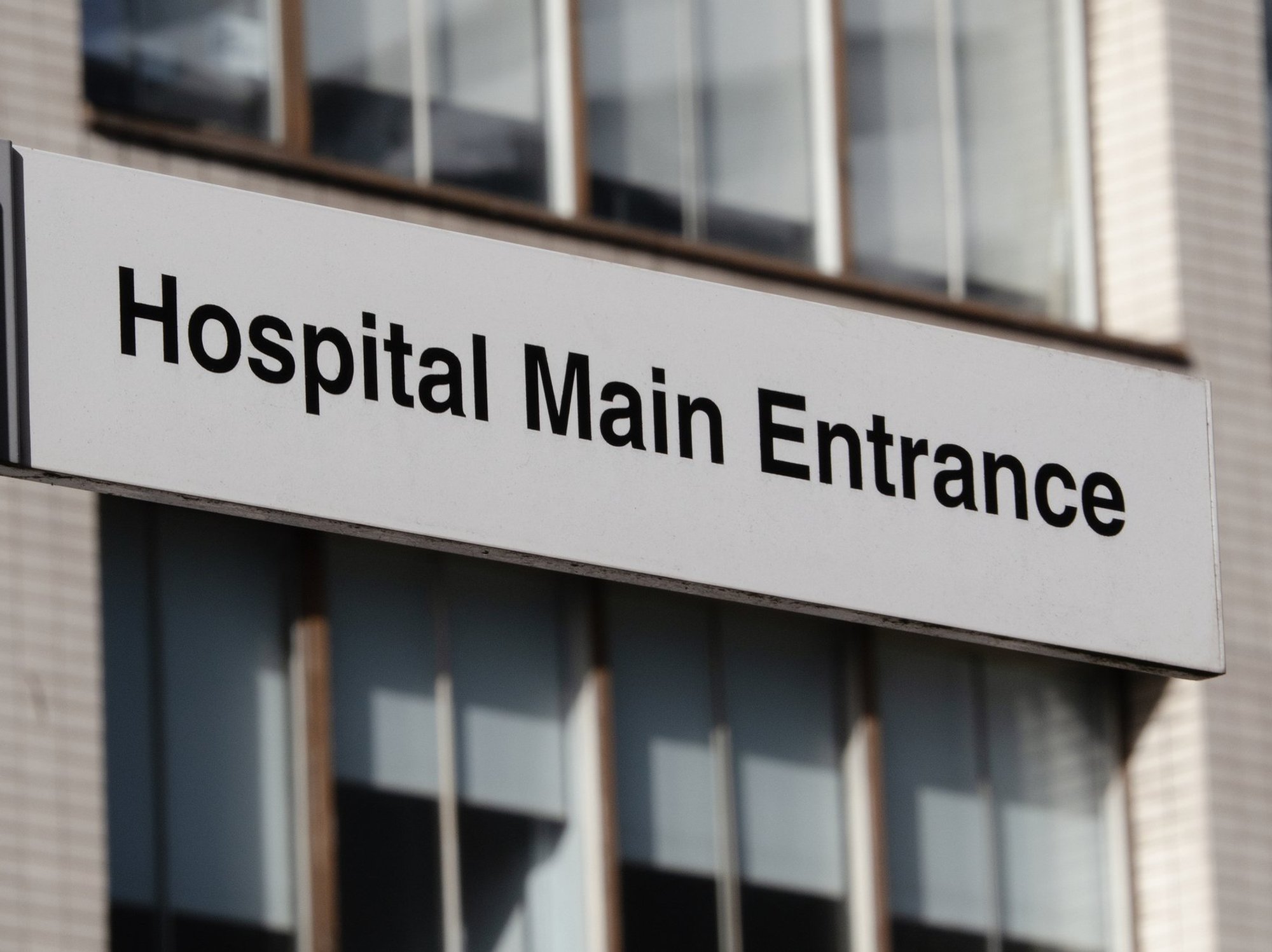State pension alert: 'Remove the triple lock' as 'wealthy' retirees get £13k more than 'suffering' children
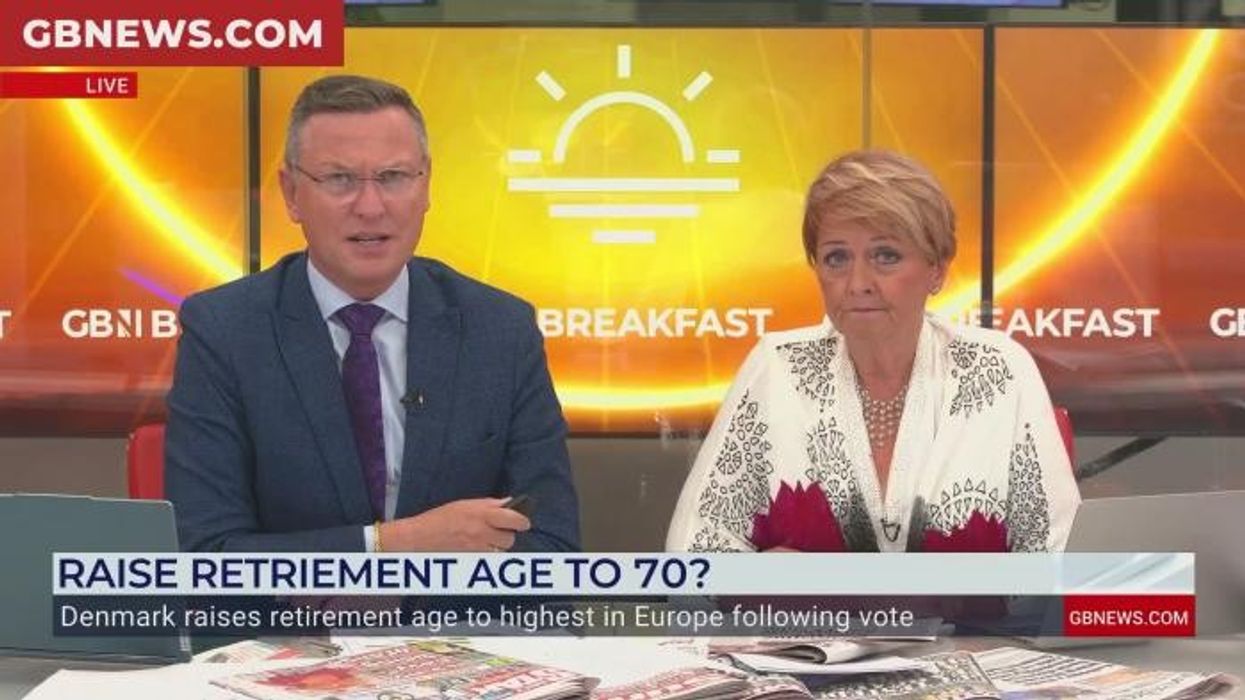
State pension age rise ‘almost inevitable’: Ann Widdecombe issues warning as Denmark raises the bar |
GB NEWS

New research is calling into question the state pension triple lock's long-term financial viability
Don't Miss
Most Read
Labour is facing calls to "remove the triple lock" from state pension payments due to the UK Government spending "£13,000 more on retirees than kids", according to damning new research.
The Intergenerational Foundation's "A growing divide: Two decades of intergenerational unfairness" report is shining light on the discrepancy in public spending between pensioners and children over the last 20 years.
Based on the think tank's analysis, the gap in how much taxpayer money is spent on pensioners compared to younger generations has widened by 170 per cent during the period.
According to the Intergenerational Foundation, the difference in spending has soared from £4,673 to £12,605 in the last two decades with Government spending per pensioner jumping by 55 per cent since the early 2000s.

Analysis is calling into question the long-term viability of the state pension triple lock as child poverty surges
|GETTY
In comparison, the percentage of taxpayer money going towards children has only risen by 20 per cent over the same period of time. The think tank's analysis claims total Government spending per pensioner was £31,000 compared to £18,000 per child in the 2023-24 tax year.
The organisation blames the triple lock, the metric used to determine the annual payment rate hike for state pensions, which was introduced by the Conservative-Liberal Democrat coalition Government in 2010.
Under the triple lock, state pension payment rates rise every year by either the rate of consumer price index( inflation, average wages or 2.5 per cent; whichever is the highest.
In its report, researchers from the Intergenerational Foundation stated: "Replace the triple lock with a fairer uprating mechanism and gradually apply income and asset tests to better target support - ensuring fiscal sustainability and fairness across generations."
Do you have a money story you’d like to share? Get in touch by emailing money@gbnews.uk.
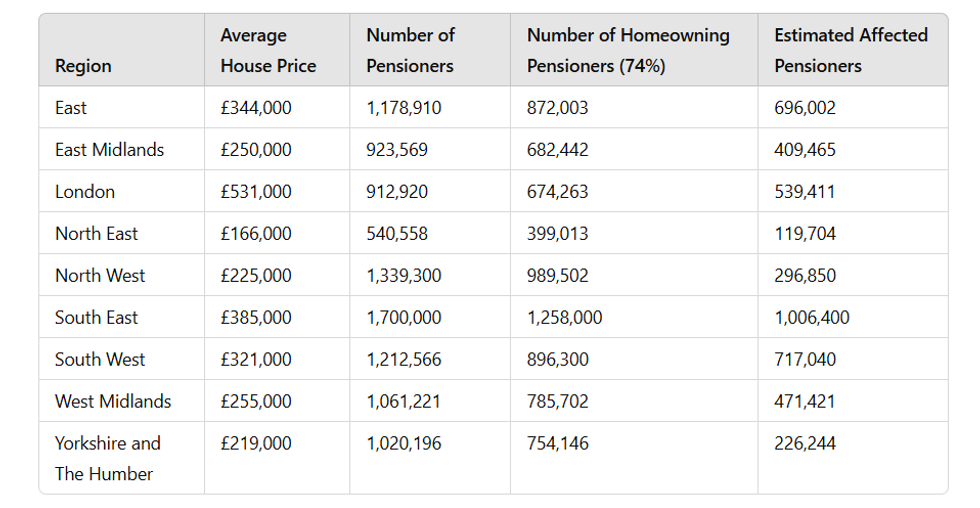 Estimated number of pensioners that would be affected by means testing the state pension on house value, broken down by region | GBN
Estimated number of pensioners that would be affected by means testing the state pension on house value, broken down by region | GBNBoth Prime Minister Keir Starmer and Chancellor Rachel Reeves have promised to keep the triple lock in place, however Conservative Party leader Kemi Badenoch and Reform UK leader Nigel Farage have sidestepped committing to the mechanisem.
The report added: "The triple lock is neither fiscally sustainable nor intergenerationally fair. In April 2024, the Department for Work and Pensions (DWP) projected total state pension expenditure for 2024–25 would reach £137billion – a figure that will only continue to rise.
"The Office for Budget Responsibility (OBR) forecasts that Government spending on state pensions will increase from around 4.9 per cent of GDP in 2023–24 to 7.9 per cent by 2073–74. As the OBR points out, this substantial increase is driven by both the ageing of the population and the cost of the triple lock."
Liz Emerson, the Intergenerational Foundation chief executive, said: “Something is structurally wrong when the wealthiest generation ever continues to receive a disproportionate amount from the State while children and young people suffer.
Baroness Carmen Smith, who wrote the foreword for the think tank report, and is the youngest person to ever receive a life peerage, said: “This report is a wake-up call.
“From housing to health, young people are falling further behind. Intergenerational fairness must be at the heart of Government decision-making – not an afterthought."
LATEST DEVELOPMENTS:
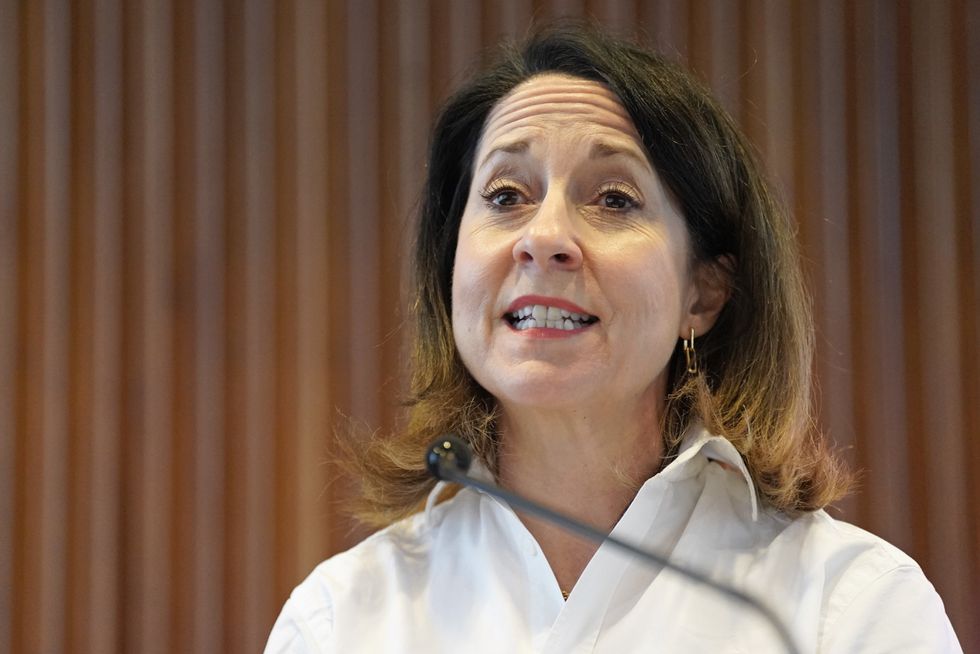
DWP minister Liz Kendall is in the process of making drastic changes to the benefit system
| PAAmong the other proposals put forward by the think tank including axing the two-child benefit cap on Universal Credit payments, which Labour is understood to be considering.
In its report, the Intergenerational Foundation cited that pensioner poverty slipped from 28 per cent in 1995 to 16 per cent in 2023, with child poverty being nearly double this figure at 30 per cent.
This call to action from the organisation comes ahead of Rachel Reeves's Spending Review on June 11, which will outline how much money will be awarded to each Government department.
More From GB News






